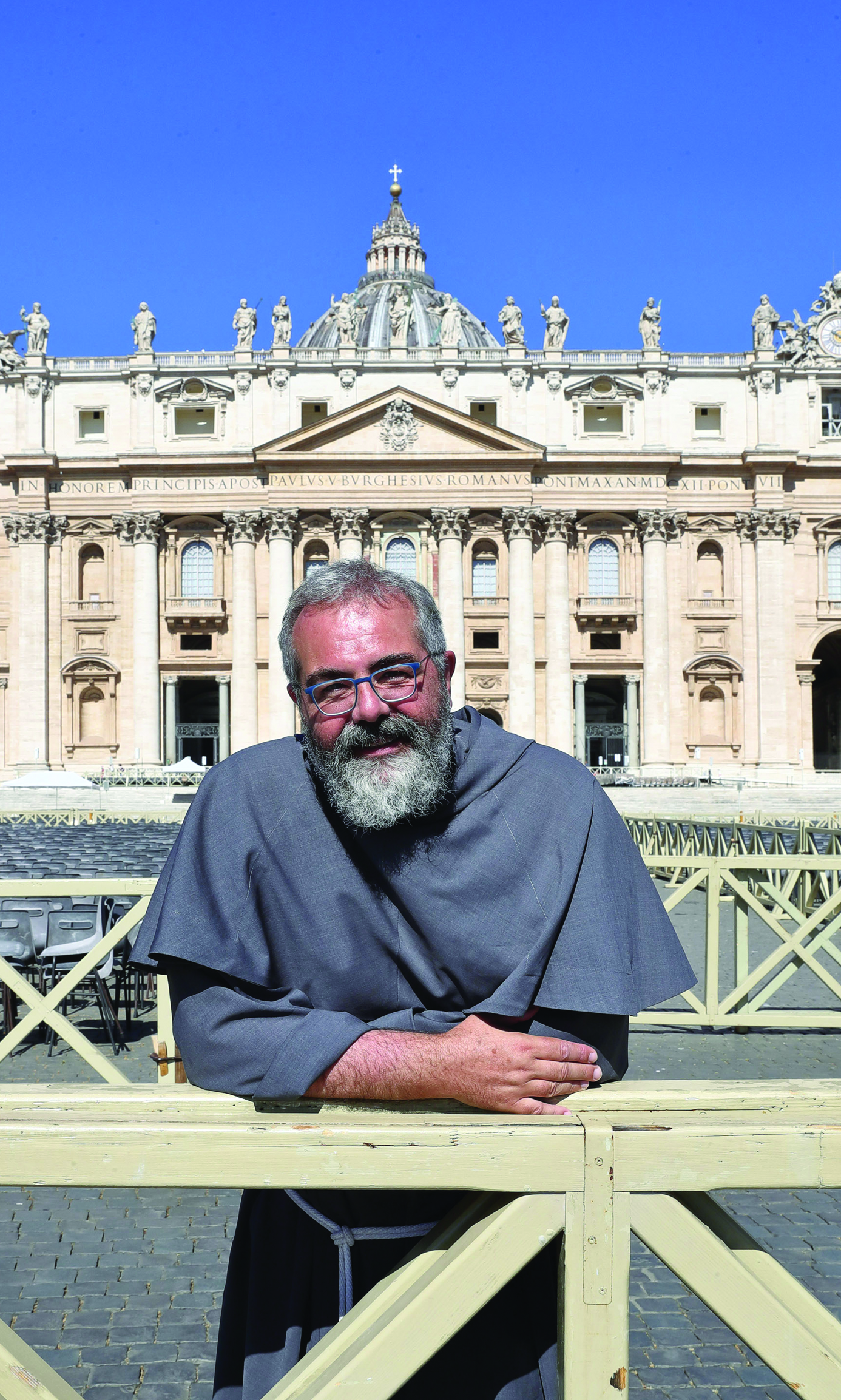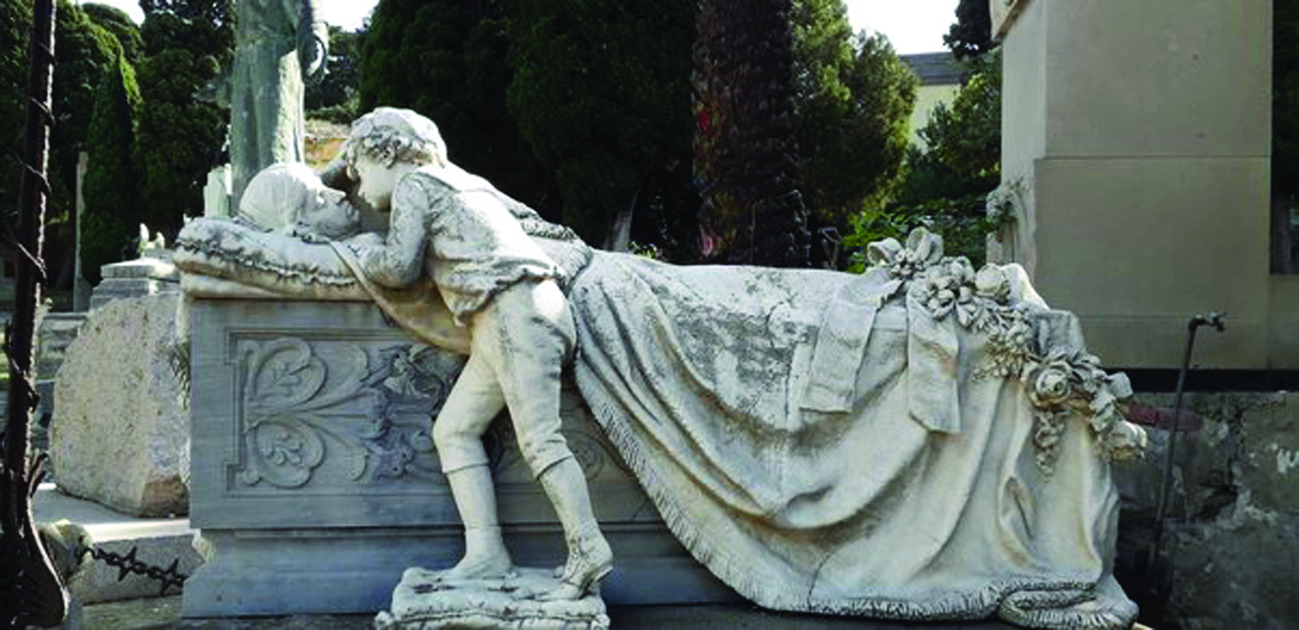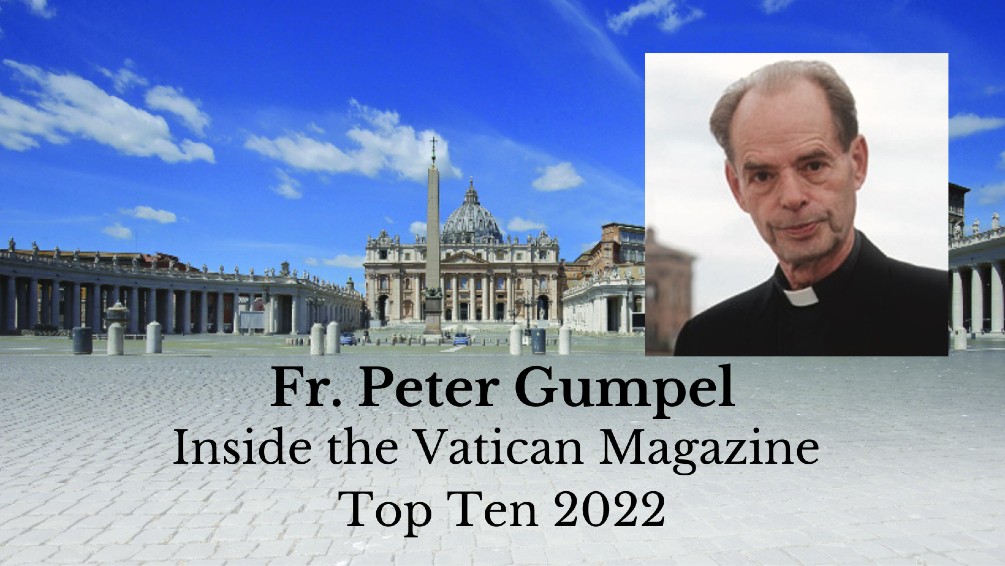Donald DeMarco, Ph.D., is a Senior Fellow of Human Life International. He writes for the St. Austin Review and the Truth and Charity Forum. He is Professor Emeritus at St. Jerome’s University in Waterloo, Ontario, and adjunct professor at Holy Apostles College and Seminary in Cromwell, Connecticut.
The United States Supreme Court is so named, not because it exemplifies consistent wisdom, but because there is no higher judiciary to which a claim can be appealed. This Court, over the years, has made some truly horrible decisions. And these decisions were not made because the Constitution was properly interpreted. The Dred Scott decision of 1857 denied citizenship to blacks. In dissent, Justice Benjamin Robbins Curtis wrote: “[W]hen a strict interpretation of the Constitution, according to the fixed rules which govern the interpretation of laws, is abandoned and the theoretical opinions of individuals are allowed to control its meaning, we no longer have a Constitution; we are under the government of individual men, who for the time being have power to declare what the Constitution is, according to their own views of what it ought to mean.”
The Buck v. Bell ruling in 1927 permitted forced sterilization. Justice Oliver Wendell Holmes, Jr. stated, “The principle that sustains compulsory vaccination is broad enough to cover cutting the Fallopian tubes. Three generations of imbeciles is enough.”
In Roe v. Wade (1973), Justice Harry A. Blackmun found, “implied in the penumbra,” a constitutional right to abortion. In dissent, Byron White labeled his ruling an “exercise of raw judicial power.”
And now, on June 25, 2015, in Obergefell v. Hodges, Justice Kennedy ruled that the Constitution provided same-sex couples the liberty to marry. In dissent, Chief Justice John G. Roberts declared that “this Court is not a legislature. Whether same-sex marriage is a good idea should be of no concern to us. The people who ratified the Constitution authorized the courts to exercise ‘neither force nor will but merely judgment.’” Interestingly, the Court offered little respect for the 1972 Baker v. Nelson case which declared that there is no constitutional right to homosexual marriage.
The present situation may be more dire and discouraging than even the period following the dreadful decision of 1857. Soon after that infamous ruling, President Abraham Lincoln stated, in his first inaugural address, that “if the policy of the government upon vital questions, affecting the whole people, is to be irrevocably fixed by decisions of the Supreme Court, the instant they are made . . . the people will have ceased to be their own rulers, having to that extent practically resigned their government into the hand of that eminent tribunal.”
In response to the same-sex decision, President Obama, unconcerned about eroding democracy and the raw judicial power of the Supreme Court, had this to say to the press: “An entire country realized that love is love.”
That “love is love” is a tautology and not an insight that required the expertise of the Supreme Court to discover and enunciate. The central issue, of course, has nothing to do with love, but whether there is a provision in the Constitution to alter the time-honored definition of marriage so that it is no longer limited to a union between a man and a woman.

The White House lit up as a multi-colored rainbow (symbol of the “gay pride” movement) on June 26, the day the Supreme Court declared marriage a “constitutional right” also for same-sex couples
The US President would have been more on target had he said that the ruling proved that “democracy is not democracy.”
This is what Justice Antonin Scalia had firmly in mind when, in dissent, he made the following statement: “And to allow the policy question of same-sex marriage to be considered and resolved by a select, patrician, highly unrepresentative panel of nine is to violate a principle even more fundamental than ‘no taxation without representation’… A system of government that makes the People subordinate to a committee of nine unelected lawyers does not deserve to be called a democracy.”
Obergefell v. Hodges, like Dred Scott, may, in time, be reversed. But Barack Obama is no Abraham Lincoln.
If it is to be reversed, it would be under the watchful eye of a far different Chief of State, one who values that government “of the people, by the people, and for the people.”







Facebook Comments